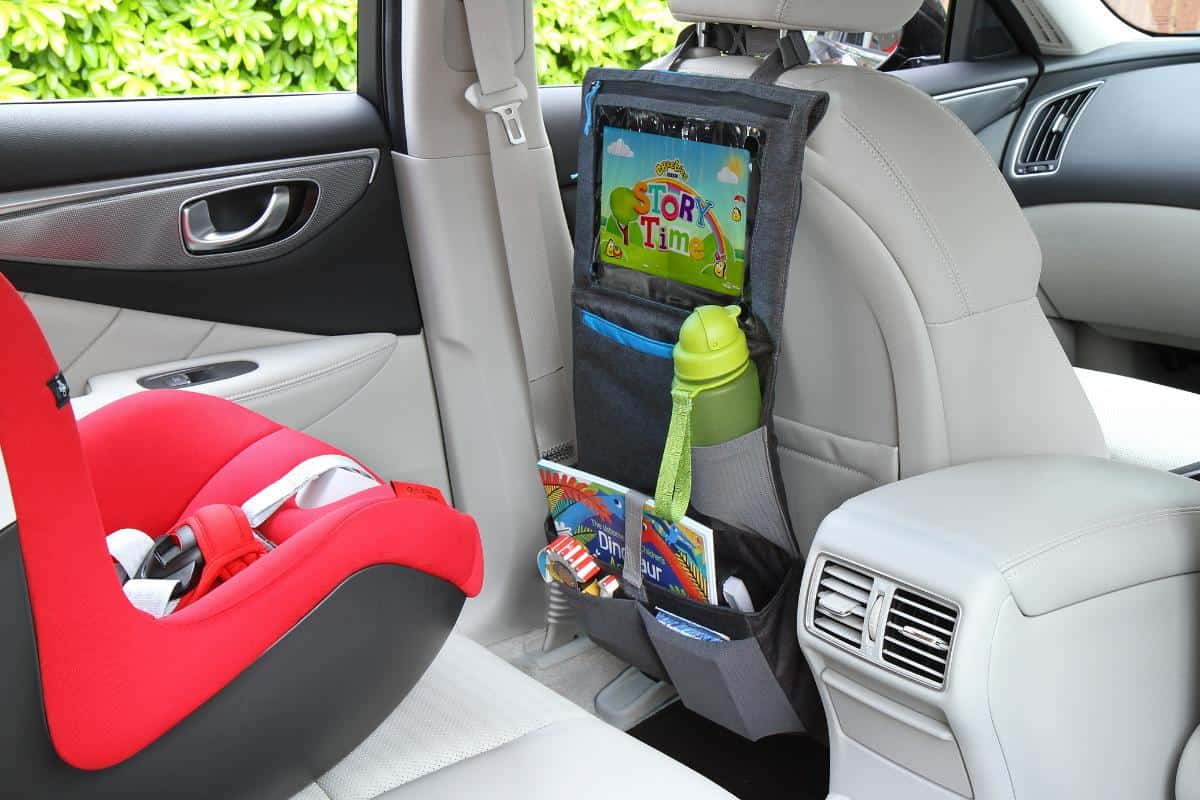Why Being “Busy” is Overrated: The Importance of Downtime
For many, “busy” has become a badge of honour, a symbol of productivity and purpose. But has our obsession with being busy gone too far? Being in a constant state of hustle might feel productive, but it’s often more damaging than we realise—leading to burnout, stress, and an unsettling realisation that we’ve forgotten how to simply be.
The truth is, downtime isn’t a luxury—it’s a necessity. Pausing isn’t procrastination; it’s preparation. And in this blog, I’ll explore why taking breaks and slowing down might actually be the most productive decision you can make.

The Illusion of “Busy”
Spoiler alert: Being busy and being productive are not the same thing. Busyness can easily become an illusion of accomplishment—endless meetings, frantic emails, multitasking to the max. Sound familiar?
But here’s the catch. Research shows that over-scheduling yourself can actually reduce efficiency. When you’re constantly juggling, it’s easy to make mistakes, lose focus, or miss opportunities for deep, strategic thinking.
Ask yourself this—are you busy, or are you being effective? If your day is a blur of activity but you’re still wondering what actually got done, it’s probably time to rethink your approach.
Why Downtime Matters
Downtime isn’t just about putting your feet up (though that’s part of it). Taking a step back has real, measurable benefits—mentally, physically, and even professionally.
1. It Recharges Your Brain
Think of your brain as a battery—it needs recharging to function at its best. Studies show that rest and relaxation improve memory, problem-solving skills, and creativity. Ever had a brilliant idea while taking a shower or going for a walk? That’s your brain on recovery mode.
2. It Reduces Burnout
Burnout is the enemy of motivation and productivity. When you’re overworked, your stress levels skyrocket, and everything from your health to your relationships can suffer. Downtime helps to hit “reset” and bring back that sense of balance.
3. It Enhances Perspective
When you’re in the thick of it, it’s hard to see the bigger picture. Downtime allows you to reflect, reprioritise, and tackle challenges with a clearer mind.
4. It Improves Work-Life Balance
Nobody looks back on their life and wishes they’d spent more time replying to emails. By prioritising downtime, you create space for what truly matters—family, hobbies, self-care, and that Netflix series you’ve been meaning to watch.
How to Hit the Brakes (without Guilt)
We get it—pressing pause can feel foreign, even indulgent, especially in a culture that glorifies hustle. But relaxation isn’t laziness; it’s refuelling. Here’s how to incorporate meaningful downtime into your routine without feeling guilty.
Start Small
Begin by blocking just 15 minutes of uninterrupted break time during your day. No phones, no emails—just you and a cup of tea.
Batch Your Tasks
Instead of multitasking, batch similar tasks together to maximise focus and reduce the mental toll of constant switching. This leaves you with more time (and energy) to relax later.
Schedule Downtime
Put leisure activities on your calendar just like you would a work meeting. Whether it’s a walk, reading for pleasure, or a yoga session, treating it as non-negotiable ensures you make time for it.
Unplug to Recharge
Digital overwhelm can sap your energy faster than you can say “WiFi”. Set boundaries around screen time, and try to disconnect for at least an hour before bed.
The Power of Doing Nothing
Sometimes, the most productive thing you can do is absolutely nothing. Allowing yourself moments of intentional stillness—free from distractions, to-do lists, and “productivity guilt”—can help reset your mind and body in ways you didn’t realise you needed.
It’s why practices like meditation or simply staring at the clouds (remember those days?) can leave you feeling unexpectedly energised.
Closing Thoughts
Shifting your mindset away from “busy” doesn’t mean giving up on ambition—it means working smarter, not harder. Downtime isn’t indulgence; it’s intelligence. It’s a way of investing in yourself, ensuring your best self shows up in everything you do.
So, the next time you’re tempted to add another item to your to-do list, remember this—being busy isn’t the goal. Living fully, recharging often, and working with purpose is.
Speaking of which… how will you spend your next downtime moment?






